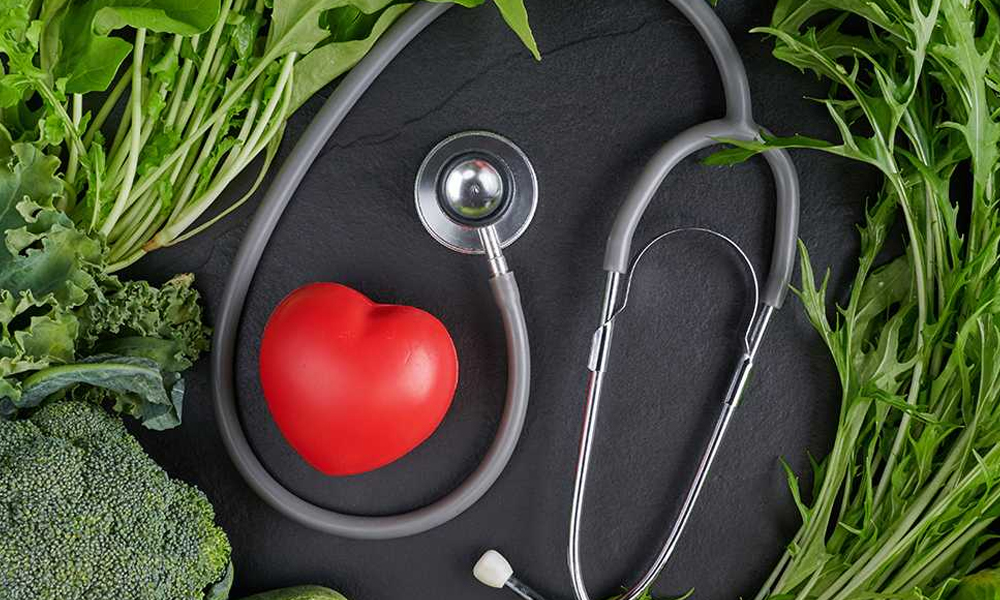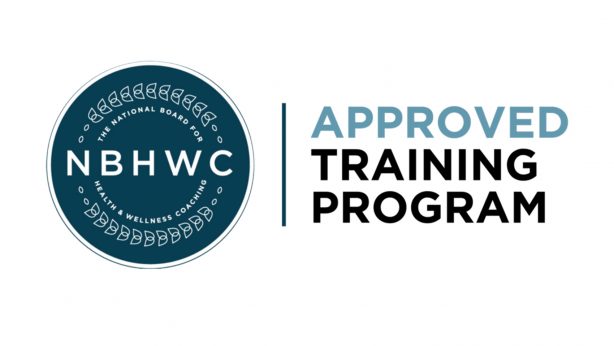
How to improve heart health?
- Go for a 10-minute walk: If you don’t exercise at all, a short walk is an excellent place to start. If you do, it’s an excellent way to get extra movement into your day.
- Give yourself a pep talk: Lifting a heavy book or a two-pound weight several times per day can help tone your arm muscles. When it becomes second nature, progress to heavier objects or join a gym.
- Consume one extra fruit or vegetable per day: Fruits and vegetables are cheap, tasty, and beneficial to everything from your brain to your bowels.

- Make breakfast a priority: Begin your day with some fruit and whole grains, such as oats, bran flakes, or whole-wheat bread.
- Stop consuming calories: Cutting away just one sugary soda or calorie-laden coffee per day will easily save you 100 or more calories. Over the course of a year, this can equate to a 10-pound weight loss.
- Don’t forget to include the chocolate: The good news is that chocolate and wine benefit heart health. The bad news is that it should only be done in moderation. Antioxidants in alcohol and cocoa (a significant element of chocolate) have been proven to boost good cholesterol, lower bad cholesterol, and improve blood clotting ability.
- Avoid overeating: Although this advice is most relevant around the holidays when mortality from heart attacks rises due to an abundance of food and temptation, it is applicable all year. Eating a large amount of food at once results in the movement of blood from the heart to the digestive tract. Faster and more irregular heartbeats might result in a heart attack or heart failure.
- Manage your stress: Over 1,400 biochemical responses to stress include increased blood pressure and heart rate. If you don’t manage your stress, it might spiral out of control, trapping you in a stress cycle. Meditation activates our bodies’ “rest-and-digest” functions, which counteracts our “flight-or-fight” responses. Integrating the practice into a daily routine has been linked to lower heart rate and blood pressure, which may lower your risk of heart disease.
Tips to improve heart health
Tip 1: Reduce your sodium intake on a daily basis.
Excess sodium causes water retention. When this happens, your heart needs to work harder to push the extra fluid through your body. Choose “no salt added” foods, avoid foods with more than 400 milligrams of sodium per serving, and try to stay under 1500 mg overall per day.
Replace salt in your cuisine with herbs and spices whenever possible. The Dietary Approaches to Stop Hypertension (DASH) diet can also help you minimise sodium and protect your heart.
Tip 2: Reduce your intake of saturated fat.
Saturated fat can cause atherosclerosis, which is the build-up of hard plaque in your arteries. Eat low-fat cuts of meat, such as the eye of round roast or sirloin tip, and avoid high-fat dairy products to reduce your intake. In general, if it’s greasy, it’s often heavy in saturated fats.

Tip 3: Select heart-healthy fats.
Unsaturated fats can help your heart by reducing inflammation in your body. Heart disease can be caused by inflammation. Vegetable oil, low-fat mayonnaise, and salad dressings made with oil are examples of heart-healthy fats.
Tip 4: Increase your intake of dietary fibre.
Fibre makes you feel fuller and can help decrease your cholesterol. Beans, fruits, vegetables, and whole grains are examples of high-fibre foods.
Tip 5: Eat plenty of fruits and veggies.
Fruits and vegetables are high in nutrients and low in calories, which can help you maintain a healthy weight and prevent inflammation. The more vibrant and exciting your options, the better.
Tip 6: Make sure you get adequate exercise each week.
You can choose between moderate and vigorous action to gain exercise. Getting at least 150 minutes of moderate-intensity aerobic exercise or 75 minutes of strenuous activity per week. Combining both is also acceptable.


